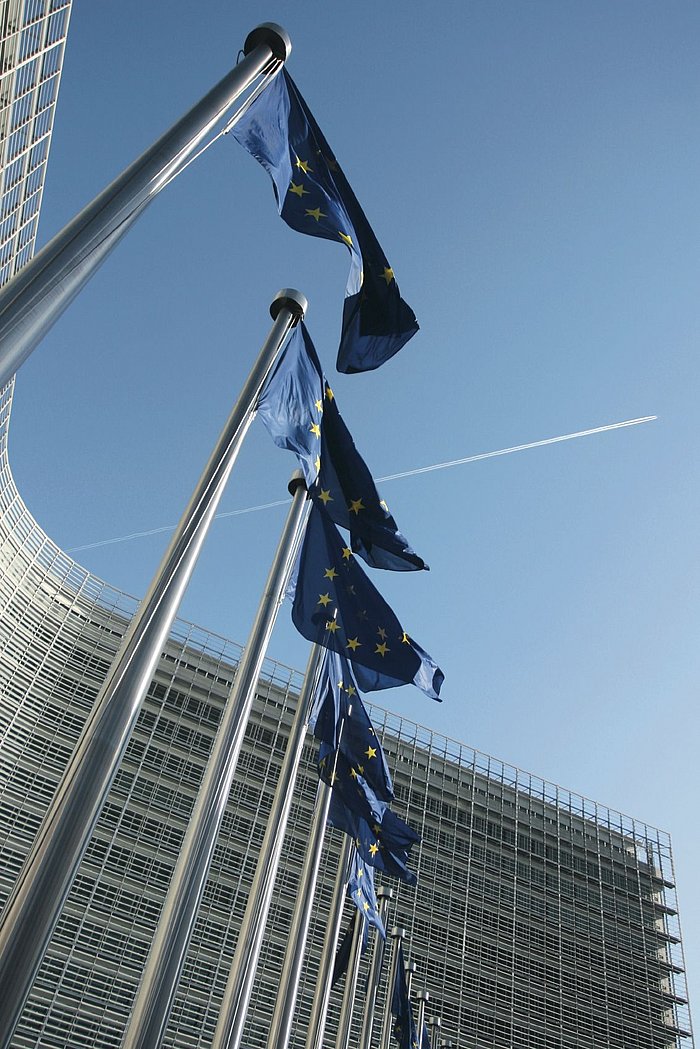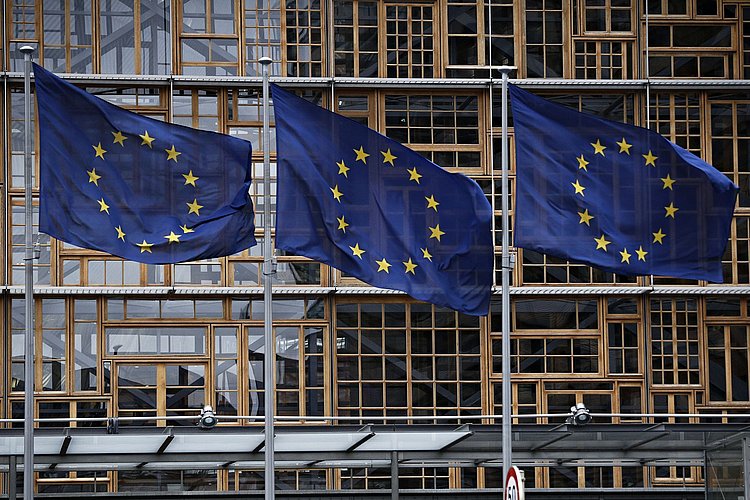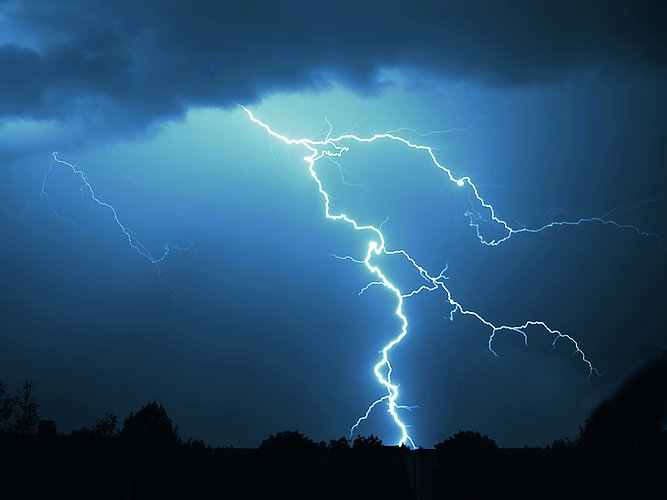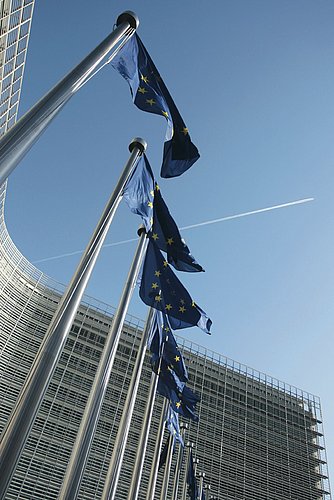BRX Update: State aid / Beihilferecht
EU Commission: Exemption from grid fees is illegal state aid
Almost seven years after Sec. 19 para. 2 s. 2 of the Ordinance on Access Fees to Electricity Supply Networks (Stromnetzentgeltverordnung – StromNEV 2011) entered into force and about five years after the opening of the relevant state aid proceedings, the EU Commission decided on 28 May 2018 that the grid fee exemptions for the electricity-intensive industry in 2012 and 2013 violated European state aid law. The Federal Republic of Germany is now required to recover this illegal state aid. In this respect, the relieved companies should be obliged to pay the grid fees saved in the past.
Grid fee exemptions in accordance with Sec. 19 para. 2 s. 2 StromNEV 2011 for the years 2011 to 2013
In August 2011, the fundamentally revised Sec. 19 para. 2 s. 2 StromNEV 2011 came into force. Accordingly, final consumers who achieved a number of so called usage hours (Benutzungsstunden) of at least 7,000 hours and an electricity consumption of more than ten gigawatt hours per year at a consumption point (Abnahmestelle) could apply to the responsible regulatory authority for a complete exemption from the grid fees. As of 1 January 2012, the grid operators’ losses of revenue resulting from the exemption were allocated to all grid users via an allocation mechanism (so-called Sec. 19 levy). With regard to these provisions, the Commission opened a formal investigation procedure in March 2013.
Exemptions in 2012 and 2013 are inadmissible state aid
In a so-called mixed decision, the Commission now finds that the exemption from grid fees in 2012 and 2013 violated EU state aid rules. The text of the Commission decision has not yet been published. However, the Commission argues that the exemptions qualify as state aid because the Federal Republic of Germany used the income from the Sec. 19 levy – and thus funds under its control – to compensate the network operators for their losses of revenue. A justification for such aid was not found. The positive effects associated with uniform consumption behaviour justified at best a corresponding reduction in grid fees.
Exemptions in 2011 do not constitute state aid
However, grid fee exemptions from the year 2011 do not constitute state aid because the associated revenue losses were compensated via the so-called regulatory account (Regulierungskonto) and were thus not financed by the state but by the network operators (cf. EU Commission press release of 28 May 2018). In this respect, therefore, no reclaims are to be expected.
Reclaiming money from relieved companies
The German State is now obliged to reverse the illegal state aid granted in the years 2012 and 2013. Total amount of recoveries has not yet been determined. The EUR 300 million in question for 2012 appears to be the value set by the Federal Network Agency (BNetzA) for saved grid fees, to which the Commission already refers in its opening decision of 2013. However, as it is now reported that the reductions in grid fees introduced retroactively as of 1 January 2012 have also been approved, this amount is unlikely to be demanded in full according to our current understanding. The specific recovery amount applicable to the individual company will have to be determined individually.
What happens next?
The Commission's decision has direct legal effect on the Federal Republic of Germany, which is obliged to implement the decision. The Federal Republic of Germany may bring an action for annulment before the ECJ within two months. However, such a scenario currently seems unlikely. The Federal Ministry of Economics comments on the Commission's decision as follows:
"The Federal Government welcomes the fact that it has been possible to achieve the highest possible limit on the amount of recovery in favour of the companies concerned. Here, restrictions could be reached both in terms of time and the determination of the amount of the claim for repayment".
Legal remedies available to the undertakings concerned
It is questionable whether the companies concerned can also bring an action for annulment before the ECJ. In any event, potential applicants would have to prove that they are directly and individually affected by the Commission's decision.
Apart from that, every person concerned can defend himself against the individual recovery measures to be expected and in particular against the respective amount of recovery. The appropriateness and prospects of success of such an approach should be examined on a case-by-case basis.
As soon as we have the text of the Commission's decision, we will analyse it in detail and inform you further.

![[Translate to English:]](/fileadmin/_processed_/b/4/csm_Baltus__Marc_print_f0f768a565.jpg)




